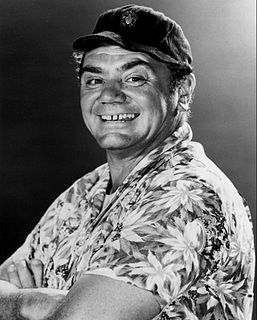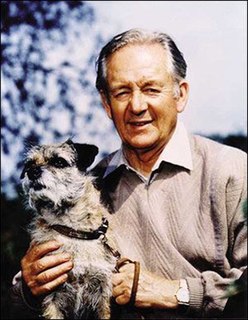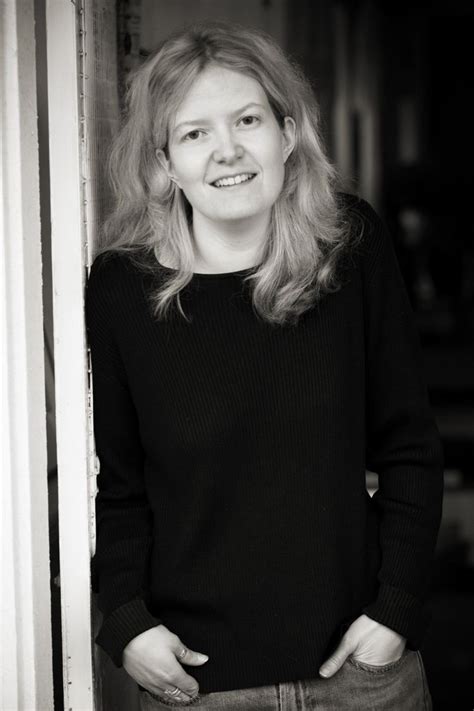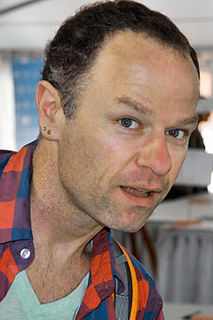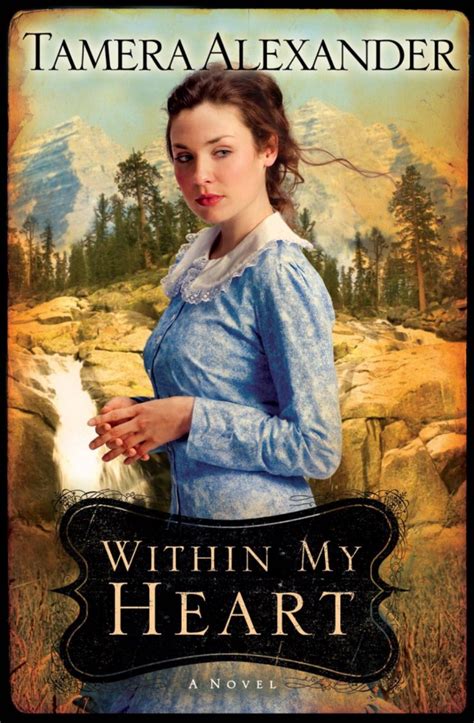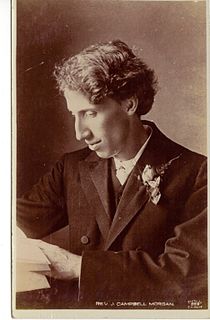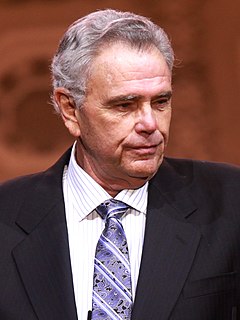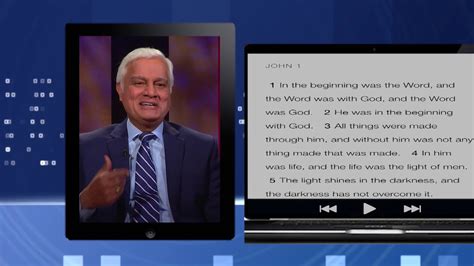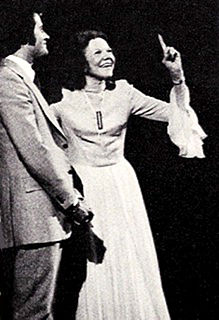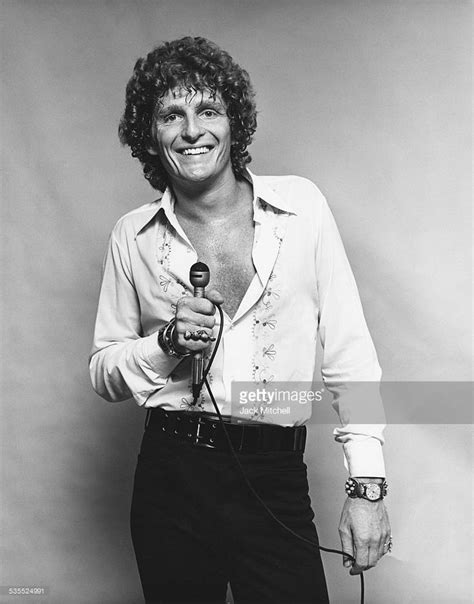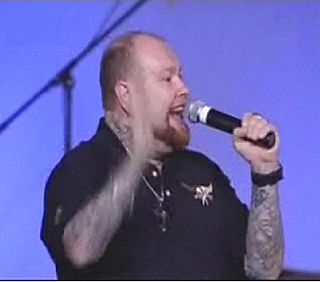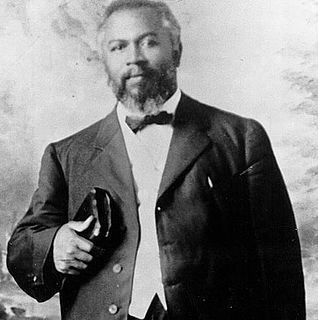A Quote by Smith Wigglesworth
You must come to see how wonderful you are in God and how helpless you are in yourself.
Related Quotes
We've all got a lot of catching up to do. I'm still learning how to act, for god's sake. When I see these old-timers on the Turner Classic Movies, I still get ideas, you know. That's where you really learn acting. If you really see some of these old boys working it and you say to yourself, "My God, if I could really do that that would be wonderful."
Charisma seems to be more about the intoxicating quality that you have on other people, as opposed to presence, which is more about the self in relation to others, and how you feel you represented yourself in a situation, and how you were able to engage. So it's less about how others see you and more about how you see yourself.
A stranger can see in an instant something in you that you might spend years learning about yourself. How awful we all are when we look at ourselves under a light, finally seeing our reflections. How little we know about ourselves. How much forgiveness it must take to love a person, to choose not to see their flaws, or to see those flaws and love the person anyway. If you never forgive you’ll always be alone.
Let no-one define how you see yourself...save God alone. See yourself through His eyes and His strength, and you'll see who you can be despite being who you are. But see yourself through your own eyes, and you'll be left to question, and to doubt, subject to the whims and wishes of others who will not have your best at heart.




